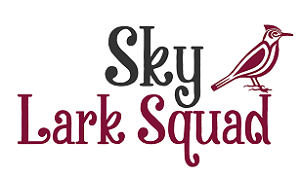Irregular breathing while sleeping is sleep apnea. The most common type is obstructive sleep apnea or OSA. Sleep apnea symptoms and therapy must be considered since the issue can lead to more serious health problems as described by a San Jose dentist. This article will look at sleep apnea symptoms and therapy.
What is Sleep Apnea?
According to the American Thoracic Society, sleep apnea is a sleep-related breathing disorder characterized by abnormal breathing during rest. Individuals suffering from sleep apnea may have sleep interruptions or breaks and decreased breathing if not cessation during sleep.
While these malfunctions lead to sporadic awakenings and poorer quality of sleep, sleepers may not completely awaken and may not realize that their breathing during the night is aberrant. Depending upon the reason for breathing interruptions, sleep apnea is divided into the following categories:
Symptoms:
Although a patient with sleep apnea may not be conscious of their symptoms, those sleeping close to the patient will record that they show the signs of the illness when asleep.
- snores loudly
- gasps for air
- stops breathing for a while, followed by a noisy breath
The individual may notice that they experience:
- fatigue
- restless during sleep or insomnia
- irritability
- heartburn
- decreased libido and erectile dysfunction
- difficulty in concentrating
- waking up several times a night to urinate
- awakening with a dry mouth or sore throat
- headaches
Treatments for sleep apnea
Making lifestyle adjustments including cutting back on alcohol use, quitting smoking, and lowering weight can help alleviate sleep apnea. However, a lot of people require the usage of a CPAP machine.
CPAP machine
A CPAP machine gently pumps air into a mask you wear over your mouth or nose while you sleep.
It can help:
- improve your breathing while you sleep by stopping your airways from getting too narrow
- reduce the risk of problems linked to sleep apnea, such as high blood pressure
- improve the quality of your sleep and help you feel less tired
Try to continue using the CPAP machine even if it may feel unusual or uncomfortable at first. It functions best when used each night. If you find it difficult or painful to use, let your doctor know.
Other treatments
Other treatments sometimes used for sleep apnea include:
- surgery to help your breathing, such as removing large tonsils
- A device called mandibular advancement device helps hold the airways open
Breathing pauses while you sleep if you have sleep apnea. It may indicate an underlying disease and cause weariness and difficulties concentrating. You should contact your dentist about this condition and not disregard it.










